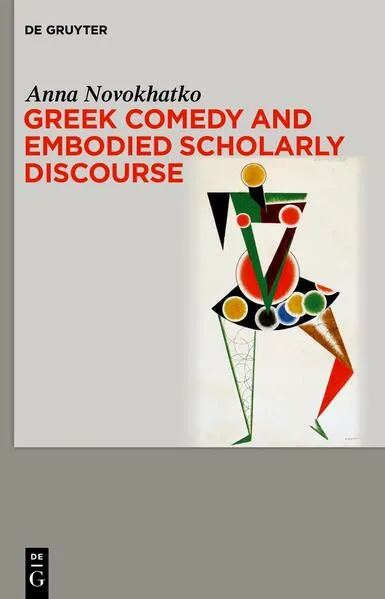
- Publikationen ca: 3
- Fragen & Antworten
Anna A. Novokhatko
Anna A. Novokhatko, Aristotle University of Thessaloniki, Greece.
Greek Comedy and Embodied Scholarly Discourse
Comedy created a joyful mode of perceiving rhetoric, grammar, and literary criticism through the somatic senses of the author, the characters, the actors and the spectators. This was due to generic peculiarities including the omnivore mirroring of contemporary (scholarly) ideas, the materiality of costumes and masks, and the embodiment of abstract notions on stage, in short due to the correspondence between body, language and environment.
Greek Comedy and Embodied Scholarly Discourse
Comedy created a joyful mode of perceiving rhetoric, grammar, and literary criticism through the somatic senses of the author, the characters, the actors and the spectators. This was due to generic peculiarities including the omnivore mirroring of contemporary (scholarly) ideas, the materiality of costumes and masks, and the embodiment of abstract notions on stage, in short due to the correspondence between body, language and environment.
Greek Comedy and Embodied Scholarly Discourse
Comedy created a joyful mode of perceiving rhetoric, grammar, and literary criticism through the somatic senses of the author, the characters, the actors and the spectators. This was due to generic peculiarities including the omnivore mirroring of contemporary (scholarly) ideas, the materiality of costumes and masks, and the embodiment of abstract notions on stage, in short due to the correspondence between body, language and environment.


